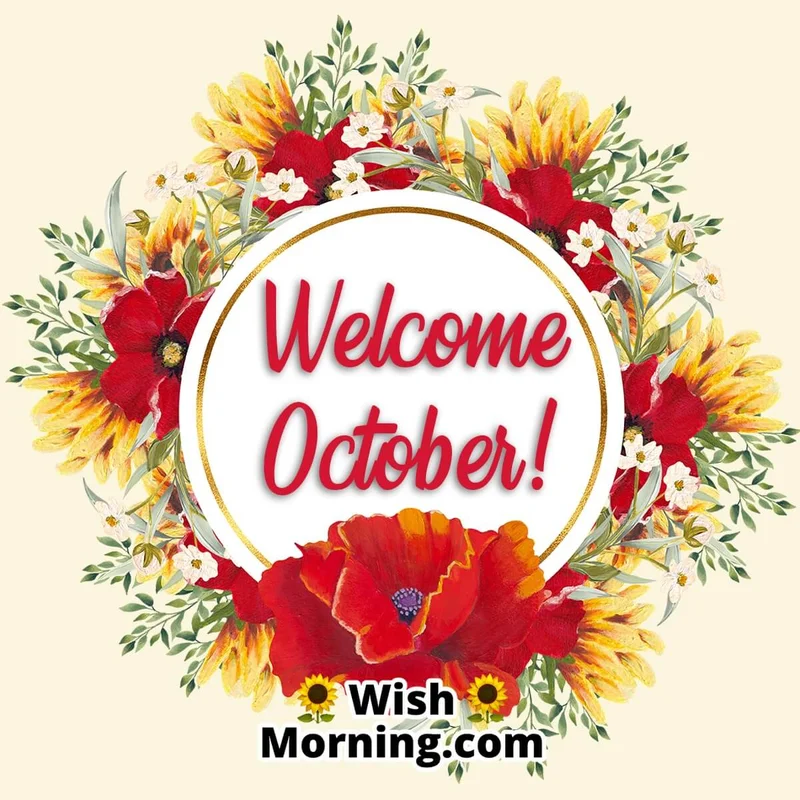Have you felt it? That quiet, seismic shift in the digital landscape. It’s a feeling of overwhelming abundance, a sense that the floodgates haven’t just opened—they’ve been completely dismantled. We used to talk about the “streaming wars” as a battle for territory, a zero-sum game where each platform built walls around its exclusive content. But looking at the massive, almost bewildering wave of titles hitting our screens this October, I’m convinced that era is over. We’re witnessing something far more profound.
The data itself is staggering. On October 1st alone, Netflix didn’t just add a movie; it added entire filmographies. The Austin Powers trilogy, the Beverly Hills Cop trilogy, the Fifty Shades trilogy. Prime Video didn’t just license a spy film; it materialized the entire 25-film James Bond saga, from Connery to Craig. Hulu, Peacock, and Tubi all became home to vast chunks of the Saw and Scream franchises simultaneously. Across every major service, it’s the same story: not just a stream, but a deluge. Indiana Jones on Prime, A Nightmare on Elm Street on Max, the Universal Monsters rising from their graves on Prime Video. It’s a coordinated, overlapping cultural event.
When I scrolled through the full list for October, pulling data from every major service, I honestly just sat back in my chair, speechless. It’s not just the volume—though that is immense—it’s the redundancy, the sharing. The walls are becoming porous. We are witnessing the beginning of the Great Re-Aggregation.
This is my Big Idea, the single most important trend I see right now. The Great Re-Aggregation—in simpler terms, it means the walls are coming down. The business model is shifting from fierce exclusivity to overwhelming accessibility. The strategic chess moves happening behind the scenes confirm it. AMC expands its licensing deal, and suddenly The Walking Dead: Daryl Dixon appears on Netflix. Hallmark does the same, and The Way Home finds a second life there. This isn't a sign of weakness; it's a paradigm shift. The new battlefield isn’t about who has The Goonies or The Shining this month. The new goal is to become the most comprehensive, frictionless portal to our entire shared media history.
From Content Wars to Cultural Libraries
Think about what this really means for us. For you. For years, the promise of streaming was a la carte freedom, but it devolved into a frustrating digital scavenger hunt. Which of your five subscriptions has The Breakfast Club this month? Where did Beetlejuice go? It was a system designed around the provider, not the viewer.

This new phase, this Re-Aggregation, feels different. It’s a move towards a user-centric universe. It’s the closest we’ve come in the digital age to the dream of the public library. This isn't unlike the moment the printing press made books accessible beyond the monastery walls. Before, knowledge was siloed, controlled. Afterwards, it was distributed, shared, and formed the bedrock of a more enlightened society. What we're seeing now is the digital equivalent for our cinematic culture. The idea that you can wake up on a Saturday in October and decide to trace the entire evolution of the horror genre—from Universal’s Dracula and Frankenstein on Prime, to Hitchcock’s DNA in The Strangers on Netflix, to the modern A24 masterpieces like Hereditary on Max—all without leaving your couch is a quiet revolution.
Of course, some will call this content bloat. They’ll point to the “paradox of choice” and the fatigue of endless scrolling. I hear that. And it brings with it a certain ethical consideration. As these platforms become the de facto curators of our collective memory, there is a responsibility to provide context, to preserve history, and not let masterpieces get lost in a sea of algorithmically-generated thumbnails.
But I see the primary trend differently. This isn't bloat; it’s the assembly of a near-universal archive. We're getting the raw materials to build our own personal canons, to connect with the stories that shaped us, and to discover new ones with unprecedented ease. Imagine a future where you don't need to check five different apps to find a movie you just want to see it and it's there, accessible, part of a vast digital commons that represents our entire cinematic history. That’s the future being built, right now, in these massive, seemingly chaotic content drops.
This is the kind of breakthrough that reminds me why I got into this field in the first place. It’s not just about the technology of delivery; it’s about what’s being delivered: the sum total of our stories. And for the first time, it feels like that library is finally coming together. Look at the new additions. We’re getting the Liam Hemsworth era of The Witcher on Netflix, the highly anticipated prequel IT: Welcome to Derry on Max, and the final season of Solar Opposites on Hulu. These new stories aren’t arriving in a vacuum. They are landing on shelves that are suddenly overflowing with their predecessors, their influences, and their rivals. The new doesn't erase the old; it joins it in conversation.
What could this mean for you? It means your curiosity is the only currency that matters. You can follow a thread from Taxi Driver to Nightcrawler. You can compare the 1959 The Mummy to the 2017 version. You can watch all of Ip Man on both Netflix and Hulu. The control is shifting back to us. We are no longer just passive subscribers; we are becoming active curators of a library whose scale is difficult to comprehend. And this October is the moment that shift became undeniable.
Forget the "streaming wars." That was a battle for scarcity. We are now entering the age of the universal shelf, a future defined by abundance. The ultimate question is no longer "What can I get?" but "Who do I want to become with access to everything?" The power isn't in the platform; it's in your watchlist.
Reference article source: